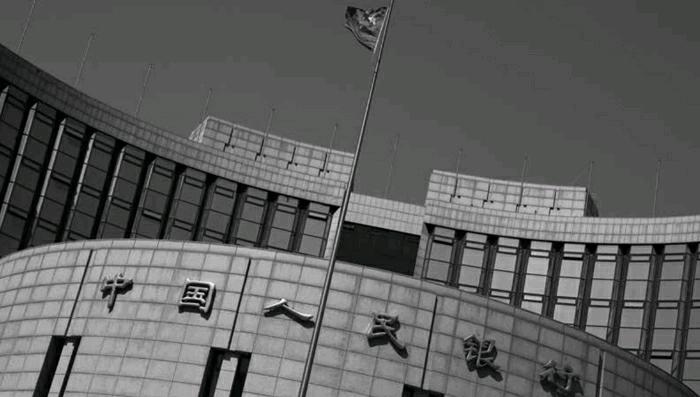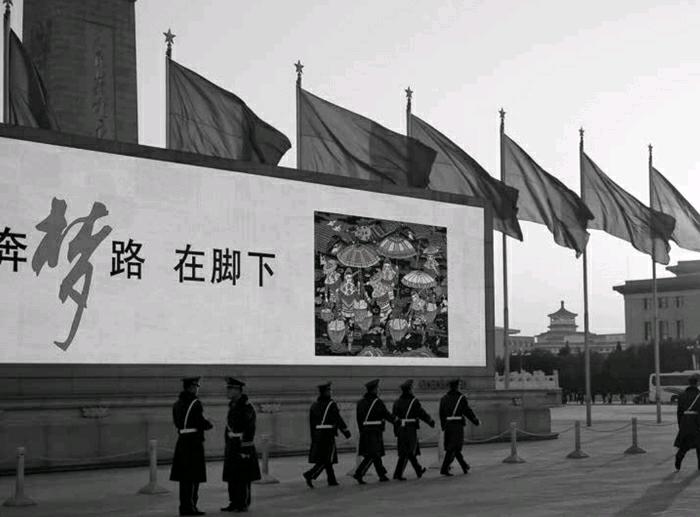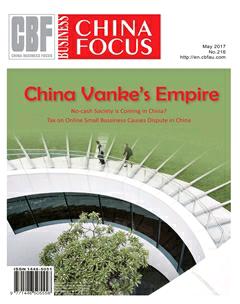China’s Economic Transition Requires Open Government
Nine years after China introduced regulations mandating government information disclosure, policymakers and experts are stepping up efforts to amend the rules to further promote a system of open governance and strengthen citizens right to information. The revision gives policymakers an opportunity to create a regulatory framework that can better serve Chinas economic transformation at a time when old, clunky industries are being replaced by high-tech manufacturing and services.
Since the State Council-approved provision took effect in May 2008, some local governments in China have adjusted disclosure policies and opened records to the public. Some governments have posted information on websites, while others opened offices and official files to the public. The rules require government agencies to respond to information requests from the public within 15 days, but responses can be postponed for as long as 30 days. But there are gaps in the effectiveness of the public disclosure provision, in part because its not legally binding. And punishments for government agencies that fail to comply remain weak.
Therefore, it isnt uncommon for citizens to hit a wall when asking government agencies for data. The application procedure can be complicated and timeconsuming, while a lot of information still remains inaccessible because it can be broadly classified as business secrets or data affecting national security.
But a transparent government is needed to ensure an open and fair business environment that will underpin Chinas shift from traditional manufacturing to the technology-driven “new economy.” Fostering sectors that require more investments in talent and technology than fixed assets, such as green technology, biotech and finance, requires a society with the capacity to innovate, an entrepreneurial drive and respect for property rights.
Proactive disclosure of government information will help reduce transaction costs and stabilize market expectations. Like capital, land and labor, information has now become a scarce resource. The 2008 regulation made clear that public agencies should ensure that “government information disclosure fully supported economic and social goals.”According to official data, most disclosure requests processed by the central government last year came from businesses or were closely linked to peoples daily lives. The agencies that fielded the most inquiries were the Ministry of Education, the Ministry of Commerce, and the National Health and Family Planning Commission.

The central government has promised time and again to promote public-information disclosure, but such efforts have been thwarted by challenges such as the overlapping roles of different departments, especially in lower levels of governments.
Disclosure rules without teeth have helped hide official misconduct, such as the embezzlement of government subsidies, the forced relocation of residents for major land sales, and use of substandard materials when constructing subway systems. There have been high-profile cases in which government officials have colluded with businesspeople to misappropriate public resources for personal gains, given their ability to control access to public information.
Unreliable economic figures and under-the-table dealings have led to fraud and insider trading that hurt investor confidence. As China seeks to transform its economy and upgrade its industries, information disclosure and government transparency will become increasingly important because the demand for reliable government information from emerging sectors such as advanced manufacturing and services is much higher compared to traditional industries.
Enhancing transparency and reducing incidents in which authorities either reject or skirt disclosure requests by releasing incomplete or irrelevant information require governments at all levels to work out a more-comprehensive and far-reaching policy arrangement on the basis of the 2008 regulation. Departments that fear that greater disclosure may harm their narrow interests would resist change. But such obstacles must be overcome to promote an open government that can better serve social and economic development goals.
Improving government information disclosure would also send the right signal to the market and help deter listed companies from issuing fabricated data. For example, in recent months investors have expressed concerns that one of Chinas largest dairy producers, Huishan Dairy Holdings Co., was reporting fake profits, although the company has denied these claims. Many experts have advocated that state-owned companies, even those that are not listed, should publish information about their businesses regularly. But these calls havent been taken seriously.
Chinas financial market has been rocked in recent months by a series of scandals involving fake documents and forged official seals. This was mainly due to careless supervision, but these cases also spotlight weakness in information disclosure by certain departments, which have created massive loopholes for fraudsters to manipulate.
Furthermore, the State Secrets Law and other relevant pieces of legislation always supersede the administrative regulation on making government information public. Many experts have suggested that authorities should introduce a law on government information disclosure, which clearly defines the rights and responsibilities of different parties. This may be a long-term goal, but the ongoing revisions to the 2008 regulation might be a good starting point for such a legal framework.
The rise of emerging sectors will usher a new growth phase in the Chinese economy, but an open government is needed to form the foundation for it.

